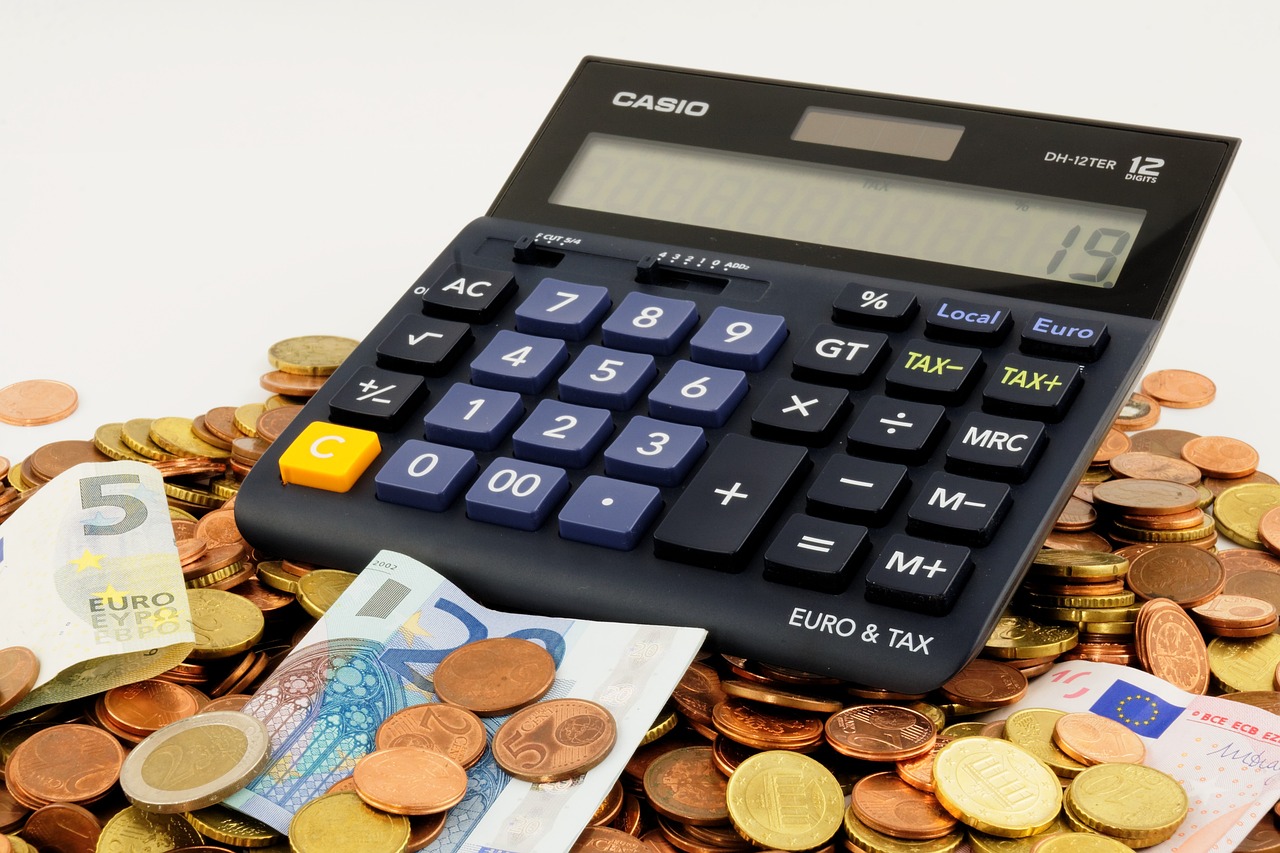Understanding the Value of 100 Yen: Exchange Rate and Currency Conversion Guide
GPT_Global - 2025-10-16 14:30:46.0 54
Can I exchange 100 yen coins for USD in the U.S.?
When traveling or conducting business internationally, you may find yourself with foreign currency that you no longer need, such as Japanese yen. A common question for individuals in the U.S. is whether they can exchange 100 yen coins for U.S. dollars. Unfortunately, exchanging coins like the 100 yen directly for USD can be challenging at traditional exchange services.
Most banks and exchange services focus on paper bills, rather than coins. You may have better luck by visiting specialized currency exchange locations, particularly those catering to international travelers. However, they often charge a higher fee or offer less favorable rates for coin exchanges.
For those looking to exchange 100 yen coins efficiently, it’s recommended to either convert them into yen bills before traveling to the U.S. or consider using online money transfer services. These services allow you to transfer money globally, offering competitive exchange rates and lower fees compared to traditional methods.
In conclusion, while exchanging 100 yen coins for USD in the U.S. may not be straightforward, exploring online remittance options can provide an easier, cost-effective solution for your currency conversion needs.

How does inflation in Japan affect 100 yen’s value in USD?
Japan’s inflation rate plays a crucial role in determining the value of the Japanese yen against the U.S. dollar. When inflation in Japan rises, the purchasing power of the yen decreases domestically, which often leads to a weaker yen in foreign exchange markets. As a result, 100 yen may be worth less in USD compared to periods of low inflation.
For individuals and businesses involved in remittance, these fluctuations are important to monitor. A weaker yen means that sending money from Japan to the U.S. could result in lower value when converted to dollars. Conversely, for those receiving money in Japan, a weaker yen may increase the amount of yen they receive for each U.S. dollar.
Remittance companies can help customers take advantage of favorable exchange rates by providing real-time rate updates and low transfer fees. Understanding how Japan’s inflation trends influence the yen-to-dollar exchange rate helps senders and recipients make informed decisions and maximize the value of their international money transfers.
How much is 1,000 yen compared to 100 yen in USD?
When it comes to international money transfers, understanding currency exchange rates is crucial. In this article, we’ll compare the value of 1,000 yen to 100 yen in terms of USD, which is important for those looking to send or receive money across borders.
The value of 1,000 yen compared to 100 yen in USD depends on the current exchange rate. For example, if the exchange rate is 1 USD = 110 yen, then 1,000 yen would be approximately 9.09 USD, while 100 yen would be around 0.91 USD. These values fluctuate regularly, so it's important to check the latest exchange rates when planning a remittance transaction.
For remittance services, knowing how exchange rates impact the value of money being transferred is essential. Whether sending money to family members abroad or conducting business, a small difference in exchange rates can make a big impact on the amount received by the recipient.
Using a reliable remittance provider is key to ensuring you get the best possible exchange rate and minimize fees. Understanding currency conversions, like comparing 1,000 yen to 100 yen in USD, allows for more informed decisions when sending money internationally.
What causes fluctuations in the yen-to-dollar rate?
The fluctuations in the yen-to-dollar rate are influenced by a variety of economic factors that are critical to understanding currency exchange dynamics, especially for those involved in remittance businesses. These fluctuations can impact the value of remittances sent across borders, affecting both the sender and the recipient.
One of the key drivers of yen-to-dollar fluctuations is interest rates. Central banks in both the U.S. and Japan control interest rates, which can affect the demand for their respective currencies. When U.S. interest rates rise, it can strengthen the dollar against the yen, as investors seek higher returns in dollar-denominated assets.
Another factor is economic data such as GDP growth, inflation rates, and employment numbers. Strong economic performance in one country can boost confidence in its currency, leading to fluctuations in the exchange rate. For the remittance business, these changes can impact the amount recipients receive when exchanging dollars for yen.
Finally, geopolitical events, trade relations, and market sentiment play significant roles in yen-dollar fluctuations. For remittance companies, staying updated on these factors is essential to ensuring that customers get the best exchange rates for their transactions.
How do travelers usually convert yen to USD while abroad?
Travelers looking to convert Japanese yen (JPY) to U.S. dollars (USD) often rely on various methods depending on convenience and fees. One of the most common ways is through currency exchange services at airports, banks, or exchange offices. While these are convenient, they often charge higher fees or offer less favorable exchange rates.
Another popular option is using international ATMs, which allow travelers to withdraw USD directly from their Japanese bank accounts. However, ATM fees can add up, and exchange rates may vary depending on the service provider.
For those looking to save on fees and get better exchange rates, remittance services have become a top choice. Many remittance businesses provide competitive exchange rates for sending money across borders, allowing travelers to convert yen to USD with minimal hassle and lower fees. These services often allow for digital transactions, providing convenience for tech-savvy users.
Ultimately, travelers should compare fees, exchange rates, and convenience when choosing the best option to convert yen to USD while abroad. Remittance services can be a smart, cost-effective choice for many.
How much is 100 yen worth compared to one euro?
When it comes to remittances, knowing the exchange rate between different currencies is crucial. One such pair is the Japanese yen (JPY) and the euro (EUR). As the global economy fluctuates, the value of one currency compared to another can vary, impacting the amount of money sent in international transactions.
Currently, 100 yen is worth less than one euro. As of recent exchange rates, 100 yen is equivalent to about 0.60 to 0.70 euros, depending on market conditions. This means if you send 100 yen, the recipient will receive a smaller amount in euros. For businesses or individuals sending money between Japan and European countries, staying updated on these rates can help make informed decisions and maximize the value of remittances.
For those using remittance services, it’s important to compare different providers. Some offer more favorable rates than others, which could mean receiving more euros for the same amount of yen. Whether you're sending money to family or paying for services, understanding exchange rates helps in making cost-effective transfers.
Is 100 yen considered a lot of money in Japan?
When sending money to Japan, it's important to understand the value of the Japanese yen. Is 100 yen considered a lot of money in Japan? While 100 yen may not be considered a large sum in the context of daily expenses, it still holds value. In Japan, 100 yen is often equivalent to a small snack, a drink from a vending machine, or a budget item in a convenience store. However, when it comes to larger purchases like groceries, rent, or transportation, 100 yen will not stretch very far.
For remittance services, it's essential to keep the exchange rate in mind. When sending money to Japan, even small amounts can be impactful for your recipients, especially if they are on a tight budget. A reliable remittance service ensures that your money transfers provide the most value, helping recipients manage everyday costs, from food to transportation, even with smaller amounts like 100 yen.
Understanding the yen's purchasing power will help you make informed decisions when using remittance services. Whether you're sending small or larger sums, choosing a trustworthy platform is key to ensuring your money reaches its destination efficiently, with minimal fees and favorable exchange rates.
About Panda Remit
Panda Remit is committed to providing global users with more convenient, safe, reliable, and affordable online cross-border remittance services。
International remittance services from more than 30 countries/regions around the world are now available: including Japan, Hong Kong, Europe, the United States, Australia, and other markets, and are recognized and trusted by millions of users around the world.
Visit Panda Remit Official Website or Download PandaRemit App, to learn more about remittance info.



